Security News

A series of distributed denial-of-service attacks shut down seven German airports' websites on Thursday, a day after a major IT glitch at Lufthansa grounded flights. Ralph Beisel, the general manager of Germany's ADV airport association, confirmed the network-flooding events in an emailed statement to The Register, but did not specify which airports were hit.

Two men have been convicted of hacking the taxi dispatch system at the JFK airport. This enabled them to reorder the taxis on the list; they charged taxi drivers $10 to cut the line.

Two U.S. citizens were arrested for allegedly conspiring with Russian hackers to hack the John F. Kennedy International Airport taxi dispatch system to move specific taxis to the front of the queue in exchange for a $10 fee. The taxi dispatch system is a computer-controlled system that ensures that taxis are dispatched from the airport's holding lot to pick up the next available fare at the appropriate terminal.
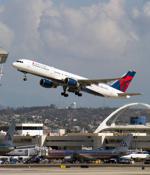
Russian miscreants claimed responsibility for knocking more than a dozen US airports' websites offline on Monday morning in what appeared to be a large-scale, distributed-denial-of-service attack. A spokesperson for the US Transportation Security Administration, when reached by The Register, said to contact the airports directly about the issue.
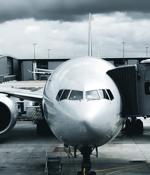
The pro-Russian hacktivist group 'KillNet' is claiming large-scale distributed denial-of-service attacks against websites of several major airports in the U.S., making them unaccessible.The DDoS attacks have overwhelmed the servers hosting these sites with garbage requests, making it impossible for travelers to connect and get updates about their scheduled flights or book airport services.
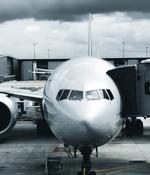
The pro-Russian hacktivist group 'KillNet' has carried out large-scale DDoS attacks against several U.S. airports' websites, taking many of them offline. The DDoS attacks have overwhelmed the servers hosting these sites with garbage requests, making it impossible for travelers to connect and get updates about their scheduled flights or book airport services.

The recently disclosed attack aimed at two websites pertaining to the San Francisco International Airport is the work of Russian hackers, ESET claims. In March, two SFO websites were found to have been compromised by hackers and injected with code designed to steal visitors' Windows login credentials.

Hackers managed to breach two websites pertaining to the San Francisco International Airport in March 2020, the airport has revealed. The incident involved SFOConnect.com and SFOConstruction.com, two low-traffic websites designed to keep visitors informed on a variety of SFO-related topics, such as the COVID-19 crisis, alternate AirTrain routing, airfield operations, airport construction contracts, and the like.
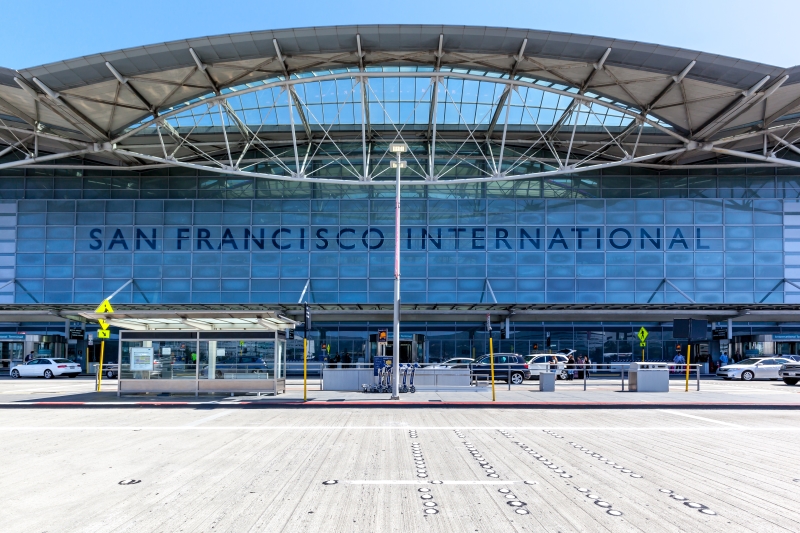
The San Francisco International Airport disclosed this week two of its websites had been hacked and lead to the disclosure of some users' login credentials at both sites. "The attackers inserted malicious computer code on these websites to steal some users' login credentials," according to a message posted to both site's homepages by the SFO's Airport Information Technology and Telecommunications director.
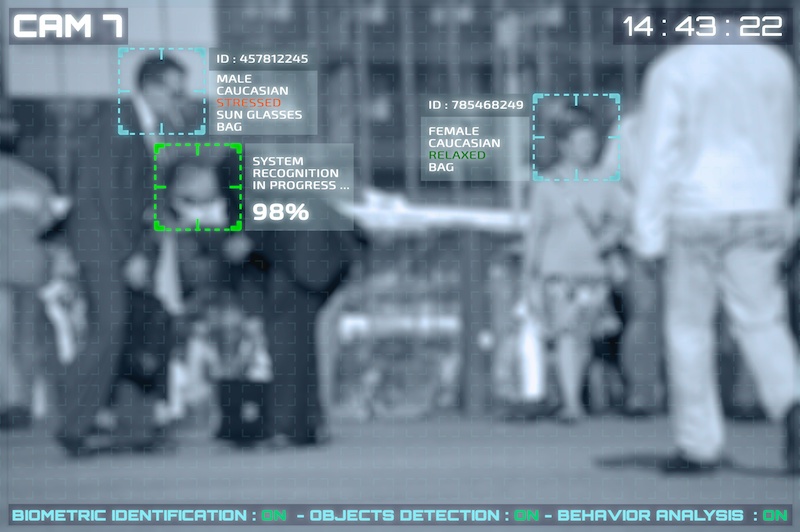
The American Civil Liberties Union has filed suit the Department of Homeland Security over its use of facial recognition technology in airports, decrying the government's "Extraordinarily dangerous path" to normalize facial surveillance as well as its secrecy in making specific details of the plan public. "Our lawsuit seeks to make public the government's contracts with airlines, airports, and other entities pertaining to the use of face recognition at the airport and the border; policies and procedures concerning the acquisition, processing, and retention of our biometric information; and analyses of the effectiveness of facial recognition technology," Ashley Gorski, a state attorney for the ACLU, wrote in a blog post about the lawsuit published online Thursday.